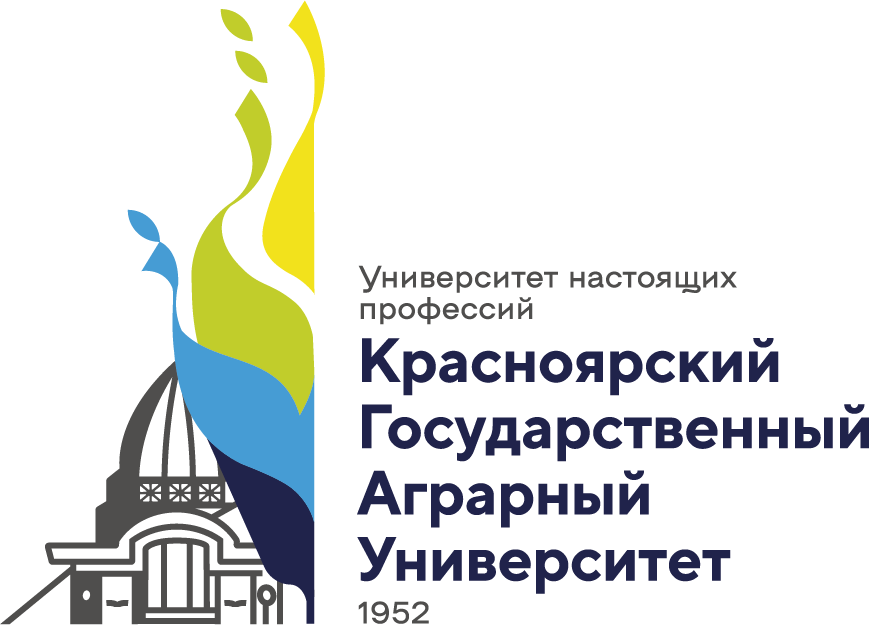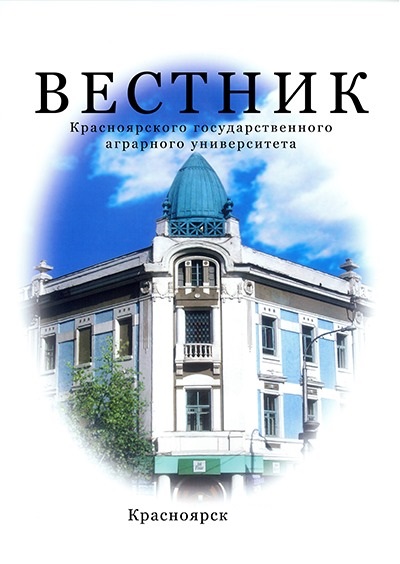The main purpose of this work was to study the influence conditions of detention on the immunity formation and the quality of replacement chickens meat. The experiments were carried out on the Loman Brown’s chickens cross. The main indica-tors of the microclimate in the investigated premis-es for keeping of replacement chickens correspond to the zooghygienic norm. The volume of ventilation per head was in the poultry house №1 - 0.71 m3/h, in the second - 0.64 m3/h. The multiplicity of venti-lation in this case for the cold and transitional peri-od in the poultry house №1 was 3.93 and 3.56 times/hour, respectively, in the poultry house №2 this indicator was 5.35 and 4.84 times/hour. More intense immunity against Newcastle disease was created in the group where polysaccharide was used as an adjuvant irrespective of the poultry house. The organoleptic characteristics of chicken meat from the experimental and control groups of the both poultry houses were almost identical. The carcasses had a pale yellow color with a pink tinge, an elastic consistency, characteristic odor, a subcu-taneous and an internal fat of yellow color; broth, obtained from poultry is clear, has a pleasant smell, with large drops of fat on the surface. The pH of the muscle tissue was 5.6 - 5.9. The amount of amino-ammonia nitrogen in chicken meat did not exceed the allowable limit of 1.26 mg. The acid number of fat did not exceed 1.0 mg KOH. Thus, it has been proved by studies that the microclimate in both poultry houses corresponds to zooghygienic norms, does not affect the immunity formation, the com-mercial qualities and physical and chemical charac-teristics of meat.
chickens, microclimate, ventilation, blood, immunization, polysaccharide, veterinary and sanitary expertise of meat
1. Asrutdinova R.A., Sagitova M.G., Kamali-ev A.R. i dr. Poisk sredstv dlya ispol'zo-vaniya v kachestve ad'yuvantov // Uchenye za-piski Kazanskoy gosudarstvennoy akademii veter. mediciny im. N.E. Baumana. - Ka-zan', 2014. - T. 217. - S. 12-16
2. Gogoladze D.T., Dzhavadov E.D., Serov N.Yu. Importozameschenie veterinarnyh vakcin i test-sistem v sovremennom promyshlennom pticevodstve Rossii // Ptica i pticepro-dukty. - 2016. - № 3. - S. 41.
3. Dmitrieva M.E. Veterinarnoe blagopolu-chie - zalog rentabel'noy raboty ptice-vodcheskogo predpriyatiya // Ptica i ptice-produkty. - 2014. - № 1. - S. 23.
4. Zhmurov N.G. Vliyanie ad'yuvantov na so-derzhanie T- i V-limfocitov v krovi poro-syat pri kompleksnoy vakcinacii // Sb. nauch. tr. - Voronezh, 1986. - S. 27-32.
5. Kamaliev A.R., Asrutdinova R.A., Sagito-va M.G. Ocenka bezopasnosti nekotoryh polisaharidov // Uchenye zapiski Kazanskoy gos. akad. veter. mediciny im. N.E. Bauma-na. - Kazan', 2014. - T. 217. - S. 109-112.
6. Kinzhalov A.N. Tehnologii ekstrudirovaniya v pticevodstve // Ptica i pticeprodukty. - 2016. - № 6. - S. 58.
7. Sagitova M.G., Asrutdinova R.A., Kamali-ev A.R. i dr. Vliyanie soedineniya «Gramo» v sostave obrazcov inaktivirovannoy vak-ciny na effektivnost' immunizacii pti-cy protiv N'yukaslskoy bolezni // Uchenye zapiski Kazanskoy gos. akad. veter. medi-ciny im. N.E. Baumana. - Kazan', 2014. - T. 217. - S. 233-236
8. Semenchenko S.V., Nefedova V.N., Degtyar' A.S. i dr. Effektivnost' ispol'zovaniya yaichnyh krossov otechestvennoy selekcii v Rostovskoy oblasti / // Vestn. KrasGAU. - 2016. - № 1. - S. 156-162.
9. Habirov A.F., Haziahmetov F.S., Avzalov R.H. Vyraschivanie indyushat s ispol'zova-niem probiotikov vitafort i lakto-bifadol // Vestn. KrasGAU. -2016. - № 8. - S. 170-174.
10. Hanis A.Yu. Effektivnost' immunomodu-lyatorov i ad'yuvanta pri immunizacii krolikov protiv mikrosporii // Veterina-riya. - 2000. - № 1. - S. 21-23.










